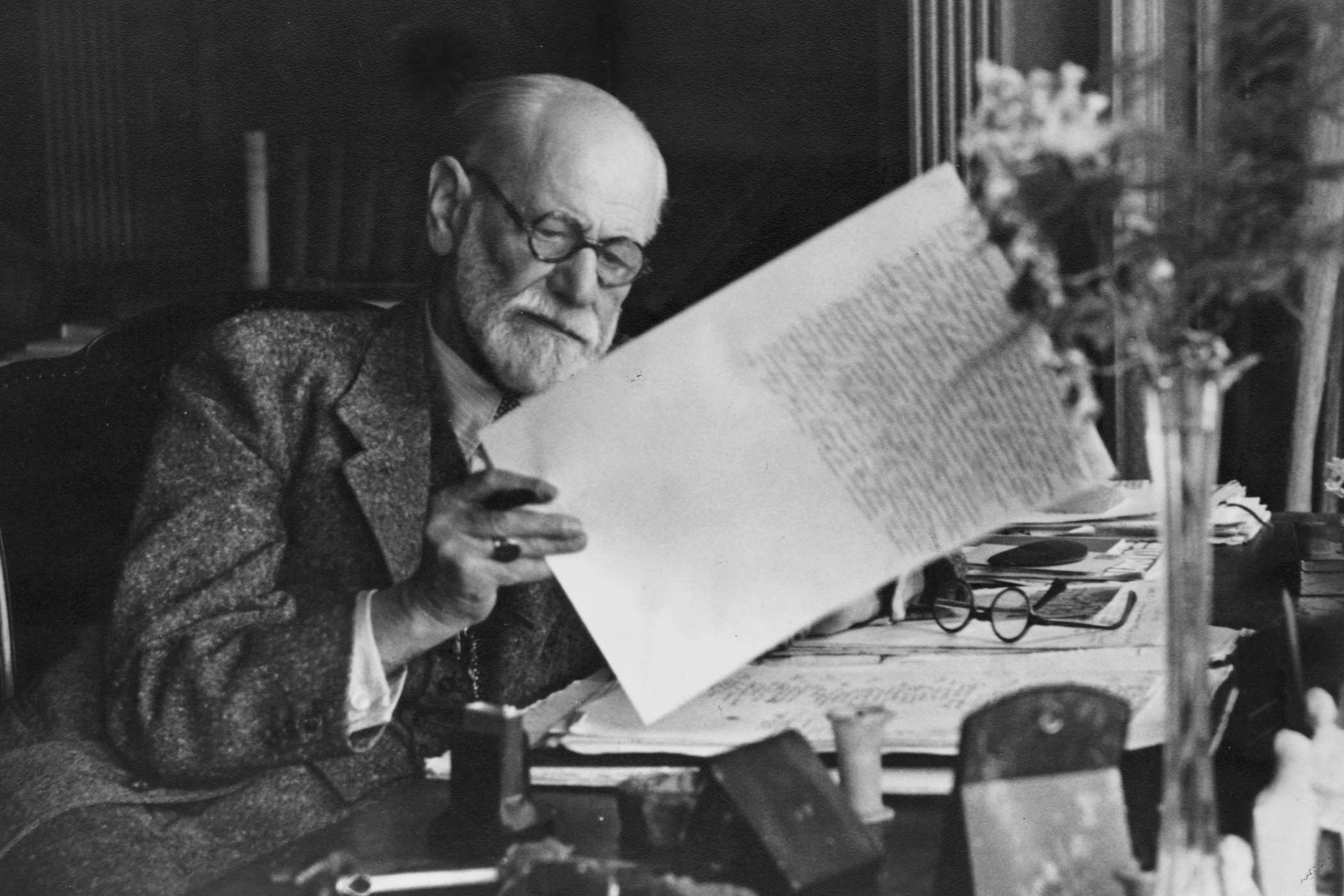For historians to come, 2 May 2008 and 1 February 2013 may emerge as the two most influential dates in the arc of modern Hollywood, harbingers of great, convulsive change – and arguably, of nothing good. They marked two premieres: of Iron Man, the first film in the Marvel Cinematic Universe; and of the political drama House of Cards, the first television series to be produced for Netflix. They were both received with a great deal of acclaim and goodwill. Iron Man would gain a 94% “fresh” rating on the film review site Rotten Tomatoes, receive recognition from critics and earn two Oscar nominations; House of Cards would soon be garlanded at the Emmy and Golden Globe awards.
No one knew then what these works represented: the Hollywood Reporter in October 2012 had declared with surprise: “Netflix launching entire run of David Fincher’s House of Cards in one day.” The late critic Roger Ebert, meanwhile, praised Iron Man’s lack of self-seriousness. Earlier superhero films, he noted, wreathed their protagonists in a weighty self-regard and had them speak in “heightened, semi-formal prose”. “If there is wit in the dialogue,” he wrote, “the superhero is often supposed to be unaware of it.” There was something “intriguing and unexpected” about Iron Man’s “quirky, self-deprecating, wisecracking” protagonist.
More than a decade later, the twin tracks set down by Iron Man and House of Cards have so profoundly reshaped the entertainment industry that it is hard to look at these two moments and not hear the eerie, anticipatory notes of a horror film score; the kind that plays before a character is confronted by a terrifying jump scare. Now headlines read: “The hottest new trend in streaming TV? Episodes released a week at a time,” while the trope of the wisecracking, self-deprecating superheroes has been plumbed to exhaustion in the resultant Guardians of the Galaxy series, Ant-Man, Ant-Man and the Wasp, Ant-Man and the Wasp: Quantumania, Doctor Strange, Doctor Strange in the Multiverse of Madness, Spider-Man: Homecoming, Spider-Man: Far from Home, Spider-Man: No Way Home, Deadpool & Wolverine and more.
The general arc of the story went like this: as big-budget superhero films filled with glittery stunts and special effects and plots stress-tested for universal comprehensibility soared at box offices the world over, it became harder for the mid-budget fare – original dramas, romcoms – to keep up, not least because streaming culture made it much easier to view these works from home.
A bifurcation was happening in our culture. We increasingly watched grounded, earthy stories of ordinary human drama on our sofas; meanwhile, cinemas were the place for big explosive battles between the wisecracking gods.
In 2019, there were small signs of resistance. Marvel had released Avengers: Endgame, and people began to speak increasingly of “superhero fatigue”. Martin Scorsese caused a stir when he declared these movies were “not cinema”, opening the floodgates for similar criticism.
Newsletters
Choose the newsletters you want to receive
View more
For information about how The Observer protects your data, read our Privacy Policy
And then came a surprise new hit whose effect can be felt today: in July that year, Amazon Prime Video’s The Boys premiered. Based on another series of comics and centred on a group of superhuman, Lycra-covered crusaders, it could easily have been more of the same. But what felt genuinely revolutionary in 2019 – as Iron Man did in 2008 – was its tone: one of merciless, depraved cynicism.
From its malignant, narcissistic leader, Homelander, to its lecherous invisible man (who uses his power not to stop crime, but to lurk in women’s bathrooms), the satirical show spoke to something more true: grant humans invincible power and they become not paragons of (sardonic) virtue, but unbearable dickheads.
What was more delicious, though, was The Boys’s gleeful takedown of the parent company that “owns” these superheroes, and produces their films, television shows and merchandise. Though its heroes were modelled from DC Comics, The Boys’s sinister Vought International was clearly a Marvel parallel – a corporation that enjoyed total, unparalleled command of the culture.
Vought is a godless place that cares for nothing but its own expansion into every aspect of American life. The show parodied the company’s hypocritical expression of liberal pieties and a cringe-worthy publicity campaign celebrating the message “Girls get it done” (a clear swipe at the “female Avengers unite” scene in Avengers: Endgame, in which its superheroines walk together across the battlefield against a triumphant orchestral score), while ignoring its own workplace sexual harassment issues.
You could point to the irony of a show about the worst of capitalism being produced by Amazon, a corporation with a similarly rapacious grasp on American life, but the conversation seemed so beyond that now. Donald Trump’s US was a land of ironies wrapped in ironies, where to believe in something pure was to be passe and naive. At least here, someone was using their compromised platform to do something interesting.
Hollywood is an inherently conservative place. The success of The Boys proved that there was in fact a market for the zingy meta-referential superhero satire, and, ironically, it helped open the door to similar fare. The critically beloved series Hacks – also available on Amazon Prime Video – is a funny and engaging entertainment industry satire.
And over the past year, two shows have premiered with similar concerns. Last October, it was the Armando Iannucci and Sam Mendes-produced The Franchise, a HBO series about crew members on the soul-destroying day-to-day of working on an uninspired superhero blockbuster. Then, in spring this year, came Apple TV+’s The Studio, a show by Seth Rogen and longtime collaborator Evan Goldberg that follows Rogen’s hapless movie studio executive navigating an uninspired landscape of superhero spin-offs, franchise reboots and movies based on consumer goods. (Both series have links to The Boys; Aya Cash, who played the sinister antihero Stormfront, stars as ambitious producer Anita in The Franchise, while Rogen and Goldberg were both executive producers on the superhero satire.)
The tone of these two shows is different. The Studio looks at the top end of the business, the dealmakers, the A-list actors and the glitz, and is more slapstick, infused with an American need for redemption. British-produced series The Franchise focuses on a less glamorous and nameless crew, and is a more droll and pitiless affair. But film-making, as portrayed in both shows, is a uniformly miserable business – a place where art goes to die at the hands of commerce.
In The Studio, there is nothing left to make. When Rogen’s movie executive is promoted to studio head, he is ecstatic about the chance to promote real art – a good intention immediately undermined by his first act, which is to buy the rights to, and then bury, Scorsese’s script about the Jonestown massacre, so that Kool-Aid: The Movie can thrive.
There’s a rich tradition of showbusiness satires in Hollywood, from I Love Lucy in the 1950s to Tina Fey’s Saturday Night Live-influenced 30 Rock in the 00s. But what feels novel in these shows is a palpable anxiety about the future of Hollywood writ large. Ramy Youssef, guest starring as himself as a Golden Globe host in an episode of The Studio, jokes to the audience that every movie trailer now feels like a Kickstarter campaign and implores everyone to buy a ticket to the new Avatar sequel to save film-making – a scene that sounds like the orchestra soundtracking its own demise in Titanic.
What we have entered into now is a heightened time of absurd bad faith
What we have entered into now is a heightened time of absurd bad faith
But then there is also the consideration of what from this wreckage is really worth saving. “You think you’re better than this,” an assistant director chides Anita in The Franchise, after one of their many exhausting on-set disasters. “We are all too good for this,” she responds, exasperated. “This is a movie about a man who makes earthquakes happen with a fucking glove.”
A bristling self-awareness and self-referentiality thrums beneath these shows; there are appearances from directors and actors playing themselves, plotlines ripped from the headlines (Rogen and his colleagues try to pare down a simply too boring three-hour film) and plenty of insidery industry chatter. For those in the business, it all rings true: The Franchise was born out of extensive interviews with actors, directors and crews from superhero films, and Rogen has said that “almost every” big movie studio head has told him the The Studio is “great, but very traumatic to watch”.
It’s said – in The Communist Manifesto, no less – that capitalism creates the conditions for its own demise. And yet the system endures. What it does seem to do is to eat its own. Art and commerce have long had an uneasy relationship, though what we have entered into now is a heightened time of absurd bad faith, where the Mattel corporation has 45 films in development (including a family-friendly horror take on the Magic 8 Ball, and a live-action heist comedy based on Uno, the card game) and movies are becoming hollow vehicles for brand deals.
The new funny and acute wave of Hollywood satires bristle with rage and sadness at this situation. And yet beneath all the acidic and on-the-nose humour, lies something more pure and more true: a longing to produce movies, untouched by the focus groups and the marketing cycles and the franchises eating their own tail.
In these shows, the entertainment industry seems like hell. That people continue to stick with it, through all the muck and cynicism and terrible working conditions (really, no one on set seems to have a single friend), points to something possibly as enduring as capitalism: the basic human urge to create, to tell stories and to connect.
That may be constantly warped by the market – but cannot, we hope, be destroyed by it.
Photographs by David Zaitz/Getty, Amazon Studios


